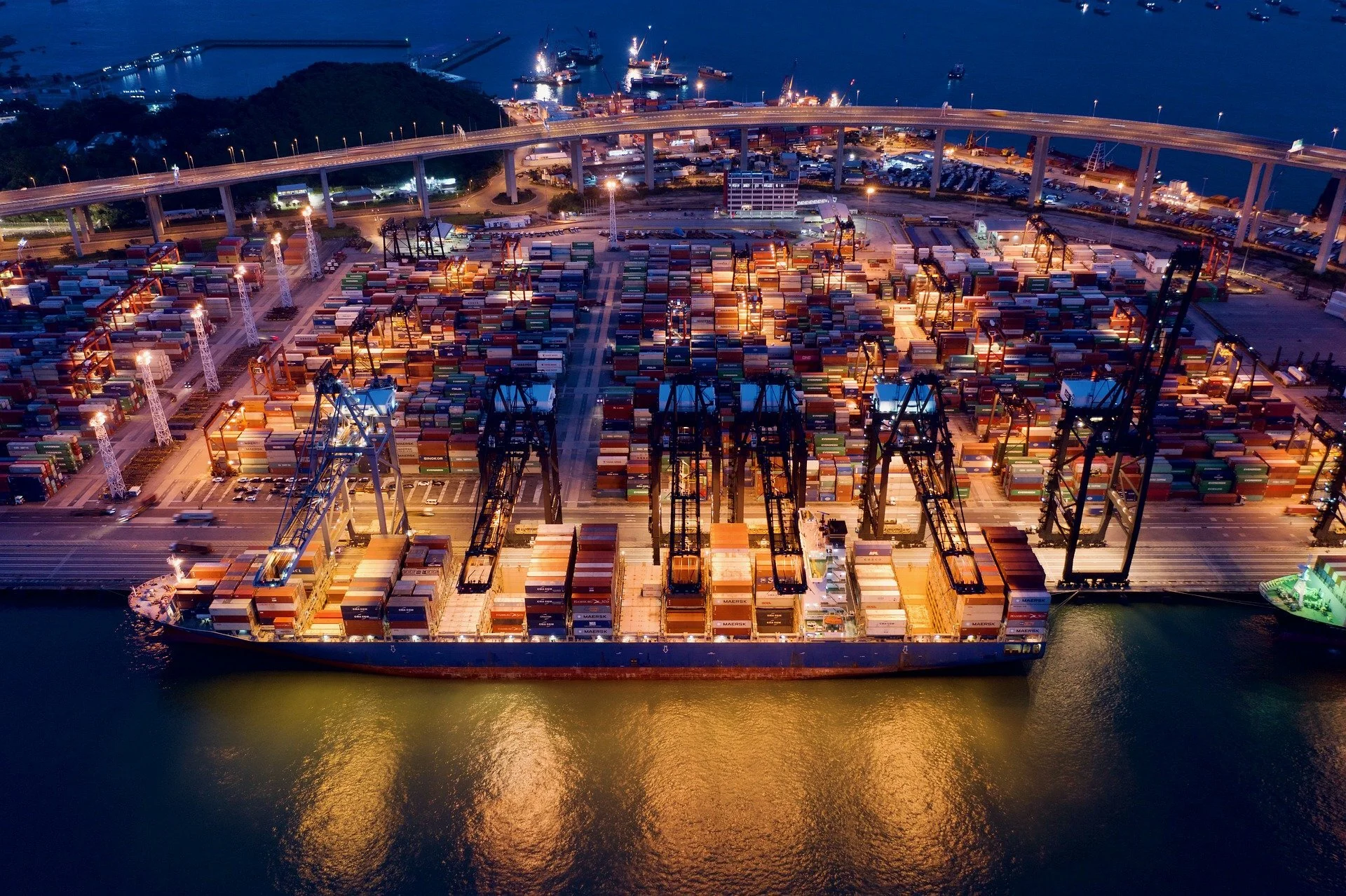Written by Shan-Jan Sarah Liu
Gendered expectations of women in South Korea are long-established and thus make the current feminist breakthrough even more significant than it might be in western societies. Recent developments illustrate that feminism can be an empowering tool for young South Korean women to stand in solidarity with one another in fighting misogyny.
Read More
















